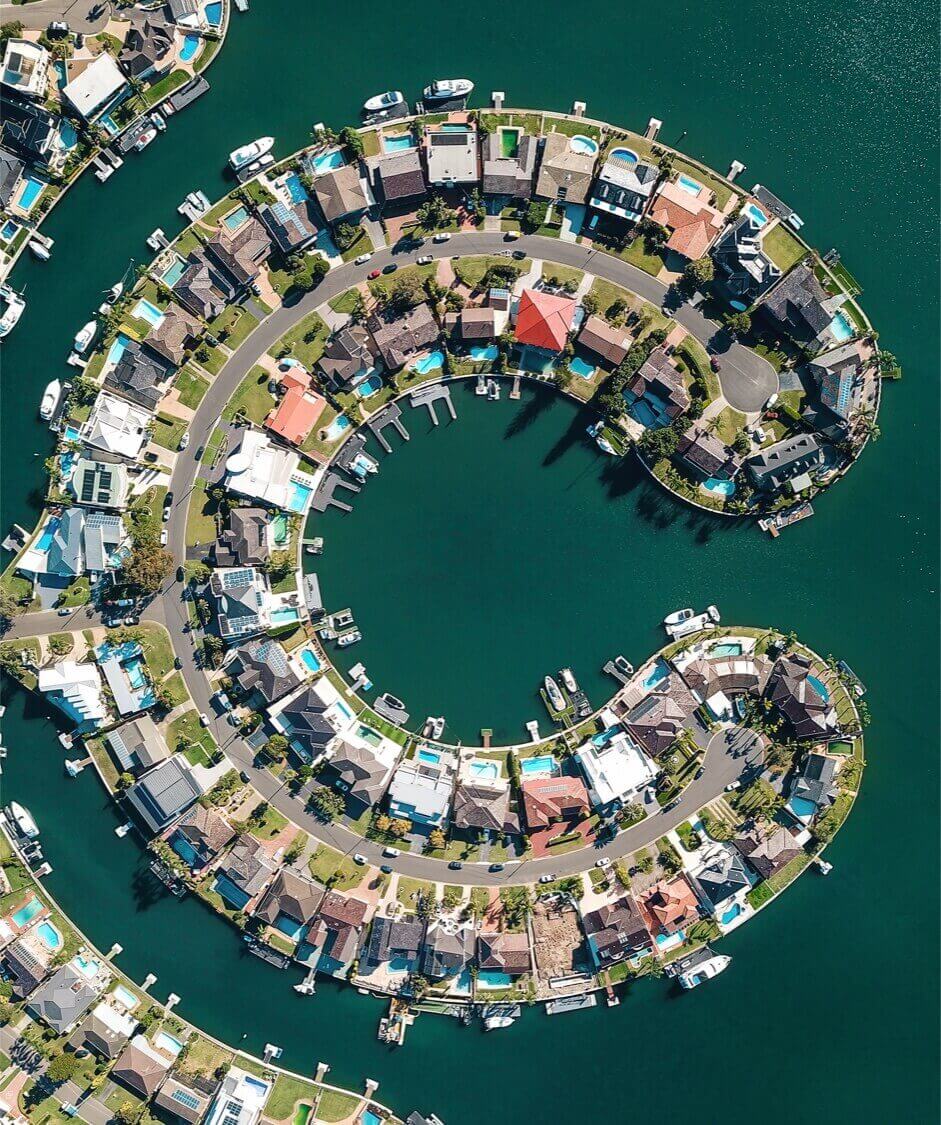Selling your Melbourne home can be a complex process, and choosing the best method requires careful consideration. There are several ways a property can be sold, and finding the right approach for your Melbourne real estate needs involves evaluating various factors such as location, goals, timing, and convenience.
Smart Listing Consultants, with their extensive experience of selling over 100 million dollars' worth of property, can help you navigate this decision. Key elements to consider include the location of your property, your aspirations, and future requirements. Additionally, understanding the most convenient method for you is vital.
The three most popular methods of selling and marketing a property with Smart Listing are Auction, Private Sale, and Expressions of Interest (EOI). All these methods are described below to assist you in making an informed decision about selling your property privately in Victoria.
AUCTION
Selling your Melbourne home at auction means that the property is bought at a price dictated by the market. The highest bid after the reserve price (the minimum price you will sell your property for) has been reached will win the property.
In Australia, real estate auctions are a highly regulated and popular method of sale, conducted by licensed Melbourne real estate agents to ensure fairness and transparency. The primary advantages of this approach include creating a sense of urgency and a competitive environment by bringing all interested buyers together. This not only has the potential to drive the property price to its maximum but also ensures clear planning and scheduling for both sellers and buyers.
During the auction, the seller sets a reserve price—the minimum price they are willing to accept—which is determined based on rational analysis, including feedback from potential buyers and prices of comparable properties in the area. During the marketing phase, buyers receive a price guide, which can be adjusted based on market response and interest, aiding them in setting their expectations and bidding strategies. Auctions require intensive marketing efforts that generally involve higher costs, aimed at generating significant buyer interest within a short timeframe.
If a property sells at an auction, the transaction is finalized immediately without a cooling-off period, necessitating that buyers have their finances and necessary inspections in order prior to bidding. If the property does not sell at auction, it may be re-listed with a specific asking price, and negotiations can continue, often with the highest bidder. This is particularly true in private auctions, which are exclusive to registered bidders and cater to sellers of high-value properties who prioritize privacy and exclusivity.
Some of the key aspects of the Auction are:
• A set date for an Auction means that prospective buyers know that the property will be sold and that it is up to them to bid in order to purchase the property.
• The price of the property at an Auction can only go up.
• The vendor (seller) does not have to sell their property unless it has reached the price (the reserve) that they agreed to.
• A Sale at Auction results in an unconditional contract meaning the result is secure.
• There is no cooling-off on properties purchased at Auction.
• There is no limit to how much the highest bid will be to win the property. Therefore, there is an opportunity that the price paid for the property at Auction will exceed the seller’s expectation.

PRIVATE SALE
In private treaty sales in Australia, the buyer has the option to back out of a property purchase within a specified cooling-off period, which varies by state:- NSW, QLD: 5 business days.
- Victoria: 3 business days.
- Northern Territory: 4 business days.
- South Australia: 2 business days.
- Tasmania and Western Australia: No mandatory cooling-off period unless specifically included in the contract.
SALE by EXPRESSIONS of INTEREST (EOI)
A sale by Expressions of Interest (EOI) is a process where potential buyers are invited to submit their best offers in writing by a specified deadline. The offers, which should be formalized in a Contract of Sale, include essential details such as the buyer’s name, offer price, deposit, and proposed settlement terms. These offers are confidential, being disclosed only to the property seller (vendor) for consideration.
Here’s how the EOI process generally unfolds:
Market Exposure: The property is typically advertised for about 4-6 weeks, giving ample time for effective promotion and allowing buyers to inspect the property, arrange their finances, and decide on their best offer.
Submission of Offers: Prospective buyers must submit their offers, detailing not only the price but also conditions like settlement dates and any financial contingencies.
Vendor Review: At the end of the EOI period, the vendor reviews all submissions and selects the most suitable offer. If no offers meet the vendor’s expectations, the property might either be listed for sale under a private treaty or a new EOI campaign may be initiated.







